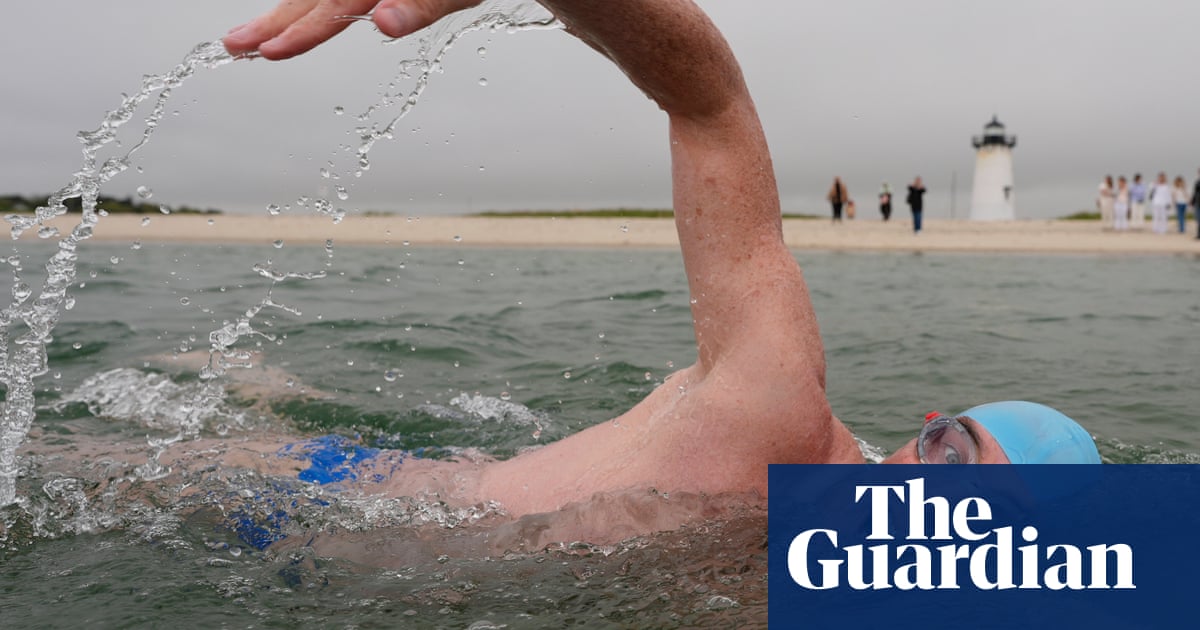Lewis Pugh Completes Historic Swim Around Martha’s Vineyard to Advocate for Shark Conservation
Endurance swimmer Lewis Pugh becomes the first person to swim around Martha’s Vineyard, raising awareness for shark protection as 'Jaws' nears its 50th anniversary.
Subscribe to unlock this story
We really don't like cutting you off, but you've reached your monthly limit. At just $5/month, subscriptions are how we keep this project going. Start your free 7-day trial today!
Get StartedHave an account? Sign in
Overview
Lewis Pugh, a British-South African endurance athlete, completed a 62-mile swim around Martha’s Vineyard to raise awareness for shark conservation. Over 12 days, he faced challenging weather and cold waters, swimming to change public perceptions of sharks, which he believes have been unfairly maligned by the film 'Jaws.' Pugh's swim coincides with the film's 50th anniversary and aims to highlight the urgent need for shark protection, as millions are killed annually. He plans to continue advocating for policy changes to protect these vital ocean creatures.
Report issue

Read both sides in 5 minutes each day
Analysis
Analysis unavailable for this viewpoint.
Articles (3)
Center (0)
No articles found in the Center category
FAQ
Global shark populations have declined by about 70% since 1970 due to overfishing and habitat loss, with an estimated 100 million sharks killed annually for their fins, meat, oil, or sport. This rapid decline threatens ocean health and ecosystem balance, making shark conservation an urgent issue worldwide.
Lewis Pugh’s high-profile swim around Martha’s Vineyard aims to shift public perception of sharks from fear to respect and to inspire support for conservation. Using his platform as a renowned endurance swimmer, Pugh advocates directly to policymakers and the public, promoting stronger protection measures for sharks.
The film 'Jaws,' released 50 years ago, popularized the image of sharks as dangerous villains, significantly increasing public fear and negatively affecting conservation efforts. Pugh’s swim aims to counteract this stereotype and highlight the importance of sharks in marine ecosystems.
Lewis Pugh and the Lewis Pugh Foundation are campaigning to fully protect 30% of the world’s oceans by 2030 (30×30 initiative), which includes measures to safeguard shark populations, and are pushing for stricter regulations against overfishing and habitat destruction.
Sharks are apex predators and play a crucial role in maintaining the balance of marine ecosystems. Protecting sharks helps prevent ecological collapse, supports biodiversity, and ensures the stability and productivity of ocean environments, which are essential for human food security.
History
- This story does not have any previous versions.


